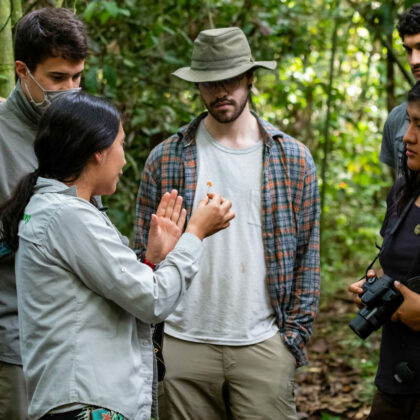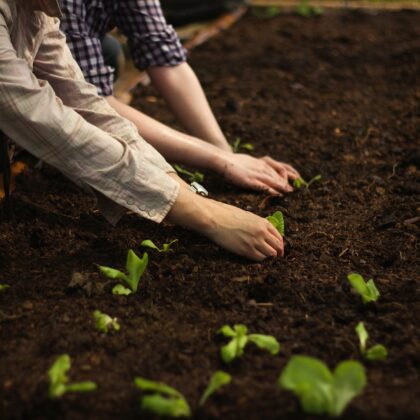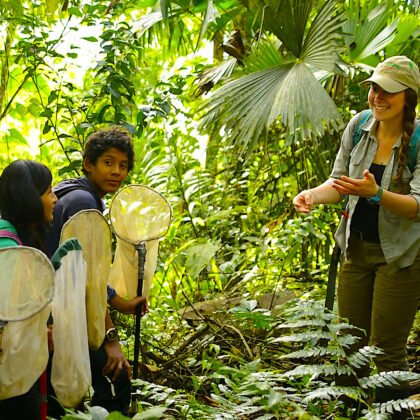Our programmes
These programs not only define our strategic direction but are also aligned with the Sustainable Development Goals (SDGs) established by the United Nations General Assembly in its agenda for 2030.
Within each program, we implement a series of strategic projects that serve as catalysts for achieving our objectives. These projects are not only designed to address specific challenges but also to foster harmonious collaboration with relevant entities.
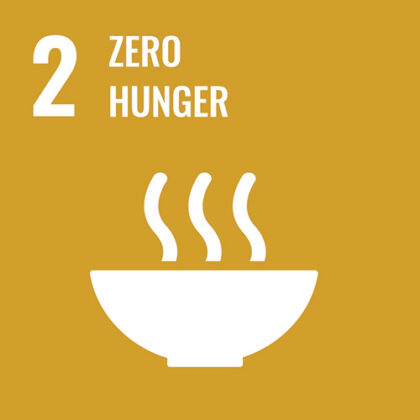
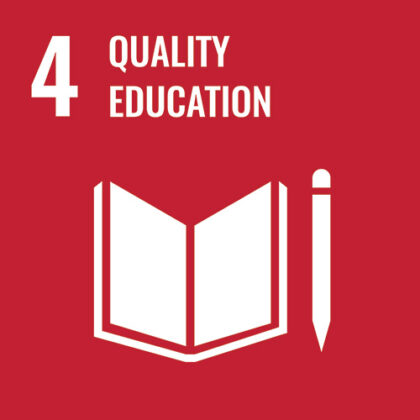
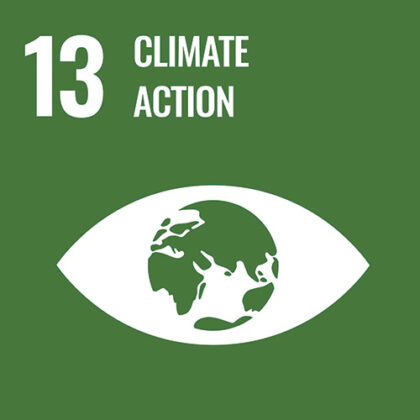
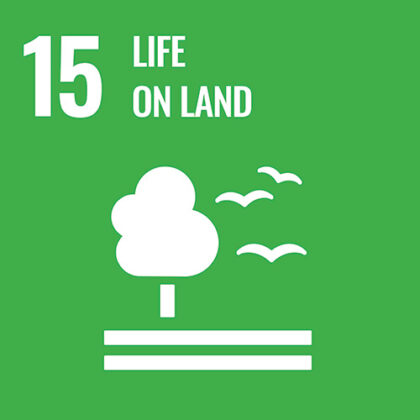
Research Program
Informative Research Guiding Conservation: Our dedication to research extends beyond knowledge expansion; it strives to furnish valuable tools for the effective management of protected natural areas. We produce relevant insights through projects conducted at our biological hub, the Manu Learning Centre, and at key locations within the Manu Biosphere Reserve. Actively disseminating these findings to decision-makers, we play a pivotal role in shaping evidence-based policies aimed at preserving Manu’s exceptional biodiversity.
- Long-Term Biodiversity Monitoring.
- Long-Term Monitoring of the Macaw Clay Lick.
- Remote Sensing for Biodiversity Assessment.
Community Program
We firmly believe in communities as vital partners in sustainability, working hand in hand with the communities surrounding our biological station. We actively promote sustainable practices like agroforestry and biohuertos, offering expert guidance and strategies to enhance best practices. This direct engagement is crucial to ensure that our initiatives bring benefits both to the local communities and the shared environment.
Our overarching objective is to establish sustainable income streams as alternatives to extractive practices. Concurrently, we are dedicated to promoting health and delivering environmental education to local communities. These goals are driven by two pivotal projects:
- Agroforestry for Sustainability in the Manu Biosphere Reserve.
- Biohuertos for the Well-being of Families in the Manu Biosphere Reserve.
Education Program
The wealth of knowledge gained through research and community engagement serves as the essential foundation for our educational initiatives. Employing experiential learning strategies, we offer a spectrum of programs, ranging from formal to informal, to reach diverse audiences. We share tangible experiences to foster understanding and engagement with conservation and sustainable development.
Since 2011, we have welcomed and trained over 500 Peruvian students and hosted 1,340 volunteers and interns from around the world. Additionally, we have received 3,150 visitors who have learned about and participated in our projects in the Manu Biosphere Reserve and Manu National Park. Furthermore, we have welcomed local students to our learning center. This collective effort aims to instill a sense of responsibility and commitment to the delicate ecosystems of the Manu region.

